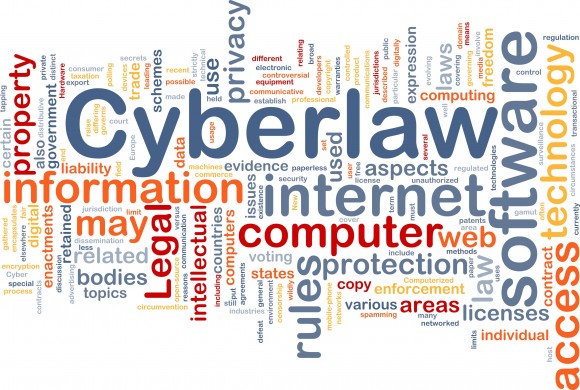Indian Cyber Security Laws- Key Points
In order to understand the internet and to keep people safe from the dark side of the internet, Indian government has issued several laws for securing the internet and the people who become the victim of it. Everyone knows how to use the internet but few are well aware of the side effects and the misuse of the World Wide Web.

Do you have similar website/ Product?
Show in this page just for only
$2 (for a month)

0/60
0/180
Indian Cyber Security Laws- Key Points
With advanced technology and changing times, almost all the processes are now going on IT platform. This is triggering cyber-crimes in India as well as abroad. So, in order to understand the internet and to keep people safe from the dark side of the internet, Indian government has issued several laws for securing the internet and the people who become the victim of it. Everyone knows how to use the internet but few are well aware of the side effects and the misuse of the World Wide Web.

India has only one Act on cyber security, the IT ACT, 2000 issued by The Ministry of Communication and Information Technology which came into force on 17th November 2000. In addition, there are several guidelines and regulations from Reserve Bank of India (RBI), Insurance Regulatory and Development Authority (IRDA) and Securities and Exchange Board of India (SEBI).
The Information Act deals with the cyber-crimes like theft, fraud, etc., which are subjected to Indian Penal Code.
Cyber-crimes are broadly categorized into different categories:
? Using a computer to target another computer ? for e.g. Virus attacks, hacking, etc.
? Using a computer to commit crimes ? for e.g. Credit card frauds, cyber terrorism, etc.
For the first time, a legal definition of ?Computer?, ?Data? and ?Electronic Record? was provided under the IT Act 2000.
Here are some key points under the law-
? Organizations shall now be able to carry out e-commerce using the legal infrastructure provided by the Act.
? The Act in its Chapter IX provided for penalty and a formal judgement on a disputed matter.
? Under the IT Act, 2000, it shall now be possible for corporates to have a statutory remedy in case if anyone breaks into their computer systems or network and causes loss.
? The Act allows Government to issue a notification on the web thus, indicating e-governance.
? The IT Act also addresses the important issues of security, which are very critical to the success of electronic transactions.
? Section 43 of the Act provided that, in case of unauthorized access, download or copying or damage to data etc. the person responsible shall be liable to pay damages by way of compensation not exceeding 1 crore rupees to the person affected.
? Apart from the same, Section 72 of the Act provided for penalty in case of breach of confidentiality and privacy and laid that, in case any person who has secured access to any electronic record, Data or information, discloses the same to any other person without obtaining the consent of the person concerned shall be punished with imprisonment up to two years or with fine up to Rupees 1 lakh or both.
? The Amendment Act also introduced Section 43A which provides for compensation to be paid in case a body corporate fails to protect the data. Section 46 of the Act prescribes that the person affected has to approach the adjudicating officer appointed under Section 46 of the Act in case the claim for injury or damage does not exceed Rupees 5 crores and the civil court in the case, the claim exceeds Rupees 5 crores.
? The amendment act also brought/ introduced several new provisions which provide for offenses such as identity theft, receiving stolen computer resource/ device, cheating, violation of privacy, cyber terrorism, pornography (Section 66A-F & 67A-C).

However, the provisions of the Information Technology Act, 2000 were not adequate therefore the Information Technology (Amendment) Act, 2008 was enacted which came into force on 27th November 2009. The Amendment Act brought in the concepts of cybersecurity in the statute book and widened the scope of digital signatures by replacing the words ?electronic signature?.
The Ministry of Communication and Information Technology further issued a press note dated 24th August 2011 and clarified that the said rules are applicable to the body corporate or any person located in India.
Follow the link for more information-
CONTINUE READING
Intnational
Sandeep Semwal
Freelancer
